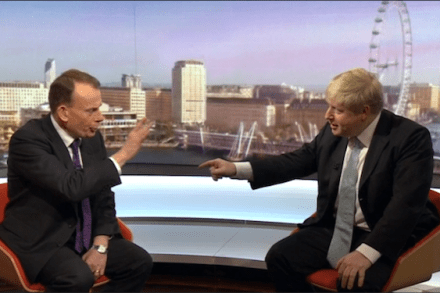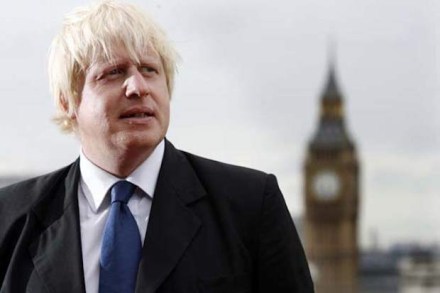Coffee Shots: Whitto reveals Seumas Milne’s Maoist manifesto
Today’s lobby lunch was the cause of much amusement among hacks. John Whittingdale used his speech to cast a light on Labour spinner Seumas Milne’s school days. The Culture Secretary recounted his time at Winchester College with Milne. He said that during this time, Milne co-authored a manifesto supporting Chinese communist dictator Chairman Mao. What’s more he even posed for a photo with the election poster in question: John Whittingdale went to school w/ Seumas Milne and all he got was a lousy poster of Seumas supporting Chairman Mao pic.twitter.com/JdMuB5jn8c — Sam Coates Sky (@SamCoatesSky) March 8, 2016 Of course this isn’t the first time someone in Labour has been associated with the communist




















